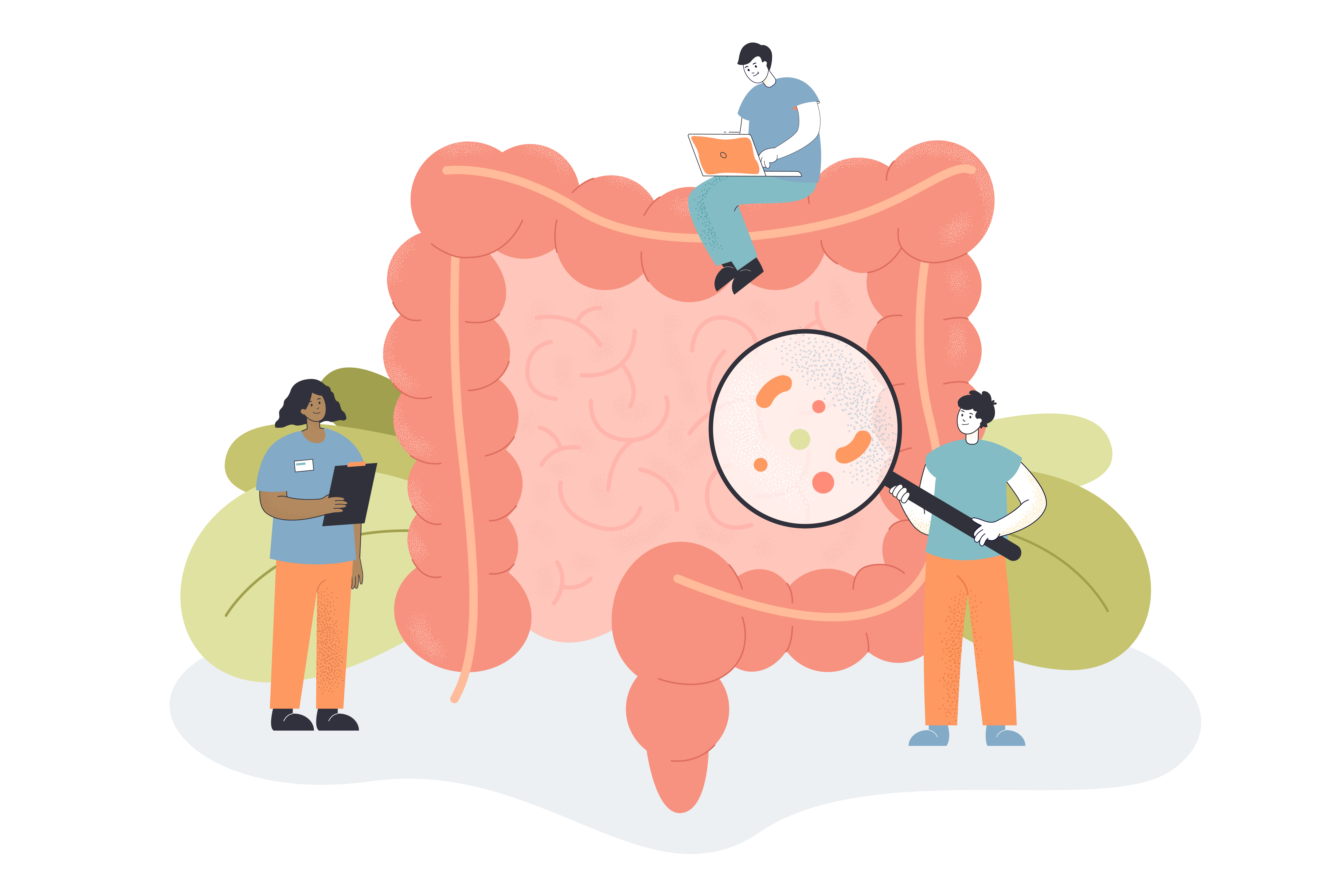
Exploring Alternative Therapies for Colitis Management
Introduction: Managing colitis symptoms can involve more than just conventional medical treatments; alternative therapies can play a valuable role as complementary approaches to improve digestive health and overall well-being. This guide explores various alternative therapies for colitis management, focusing on their benefits and how they can support individuals living with this condition.
1. Dietary Supplements for Colitis
Certain dietary supplements have gained attention for their potential to aid in managing colitis symptoms:
-
Probiotics: These beneficial bacteria help restore the balance of gut flora. Research suggests that probiotics can reduce inflammation and improve the overall health of the gastrointestinal tract. Options include yogurt, kefir, and specific probiotic supplements containing strains like Lactobacillus and Bifidobacterium.
-
Omega-3 Fatty Acids: Found in fish oil and flaxseeds, omega-3 fatty acids have anti-inflammatory properties that may help reduce the severity of inflammation in the intestines. Incorporating fatty fish like salmon or using fish oil supplements can be beneficial.
-
Turmeric: This spice contains curcumin, a compound known for its anti-inflammatory and antioxidant properties. Turmeric supplements may help reduce symptoms and inflammation in individuals with colitis.
-
Aloe Vera: Known for its soothing properties, aloe vera may help reduce intestinal inflammation and promote healing in the digestive tract. Aloe vera juice is often used, but it’s essential to choose products that are safe for internal use.
-
Slippery Elm: This herb is known for its mucilage content, which can coat the gastrointestinal tract and soothe irritation. Slippery elm is available in various forms, including capsules and powders.
2. Herbal Remedies for Digestive Health
Herbal remedies have been utilized for centuries to alleviate digestive issues. Here are some herbs known for their benefits in managing colitis:
-
Peppermint: This herb is often used to relieve gastrointestinal discomfort, including gas and bloating. Peppermint oil capsules or tea may help soothe digestive symptoms.
-
Chamomile: Known for its calming effects, chamomile can help reduce inflammation and promote relaxation in the gut. Drinking chamomile tea may provide comfort and aid digestion.
-
Ginger: Ginger is renowned for its anti-nausea and anti-inflammatory properties. Incorporating fresh ginger into meals or drinking ginger tea can help reduce gastrointestinal distress.
-
Licorice Root: This herb may help protect the stomach lining and has anti-inflammatory effects. However, it should be used cautiously, as excessive consumption can lead to hypertension.
3. Acupuncture for Pain and Inflammation Relief
Acupuncture, a practice rooted in traditional Chinese medicine, involves inserting thin needles into specific points on the body to restore balance and promote healing:
-
Pain Relief: Acupuncture may help alleviate abdominal pain associated with colitis by stimulating the release of endorphins and improving blood flow.
-
Reduction of Inflammation: By targeting specific meridians, acupuncture can help reduce inflammation in the digestive tract, which may lead to symptom improvement.
-
Stress Reduction: Acupuncture promotes relaxation and reduces stress levels, which can significantly impact colitis symptoms. Stress management is crucial for individuals experiencing flares.
4. Mind-Body Practices for Colitis
Engaging in mind-body practices can enhance well-being and help manage colitis symptoms:
-
Yoga: This practice combines physical postures, breathing exercises, and meditation. Certain yoga poses can promote digestion, relieve stress, and improve overall gut health. Gentle styles like Hatha or Restorative yoga are particularly beneficial for those with colitis.
-
Meditation: Regular meditation can help calm the mind and reduce anxiety, which can exacerbate colitis symptoms. Mindfulness meditation encourages present-moment awareness, aiding in relaxation and stress reduction.
-
Deep Breathing Exercises: Simple deep breathing techniques can help activate the body’s relaxation response, decreasing stress and promoting a sense of calm, making it easier to manage symptoms during flare-ups.
5. Massage Therapy for Digestive Support
Massage therapy can provide numerous benefits for individuals with colitis:
-
Promotes Relaxation: Regular massage helps reduce stress and anxiety, which can exacerbate colitis symptoms. It encourages the release of tension in the body, allowing for better digestion.
-
Improves Circulation: Massage enhances blood flow to the abdominal area, promoting healthy digestion and potentially easing discomfort.
-
Abdominal Massage Techniques: Specialized abdominal massage can help alleviate bloating and discomfort, improve gut motility, and provide a soothing effect on the digestive organs.
6. Aromatherapy for Digestive and Emotional Relief
Aromatherapy utilizes essential oils derived from plants to promote physical and emotional well-being:
-
Peppermint Oil: Known for its soothing properties, peppermint oil may help relieve digestive issues like gas and bloating. It can be used in a diffuser or diluted with a carrier oil for abdominal massage.
-
Ginger Oil: Ginger essential oil may aid digestion and reduce nausea. Diffusing or applying diluted ginger oil may help soothe gastrointestinal discomfort.
-
Lavender Oil: This calming oil can help reduce stress and promote relaxation. Using lavender oil in a diffuser or during a massage can create a calming environment that supports overall well-being.
Conclusion: While conventional treatments are central to colitis management, alternative therapies can complement these approaches and support overall well-being. By exploring options like dietary supplements, herbal remedies, acupuncture, mind-body practices, massage therapy, and aromatherapy, those with colitis may find symptom relief and an improved quality of life. It’s essential to consult healthcare professionals before incorporating these therapies into your routine to ensure they align with your overall treatment plan.
To seek medical advice, always consult a Doctor. Here are our recommended experts. Click Here
To read more on Colitis. Click Here


